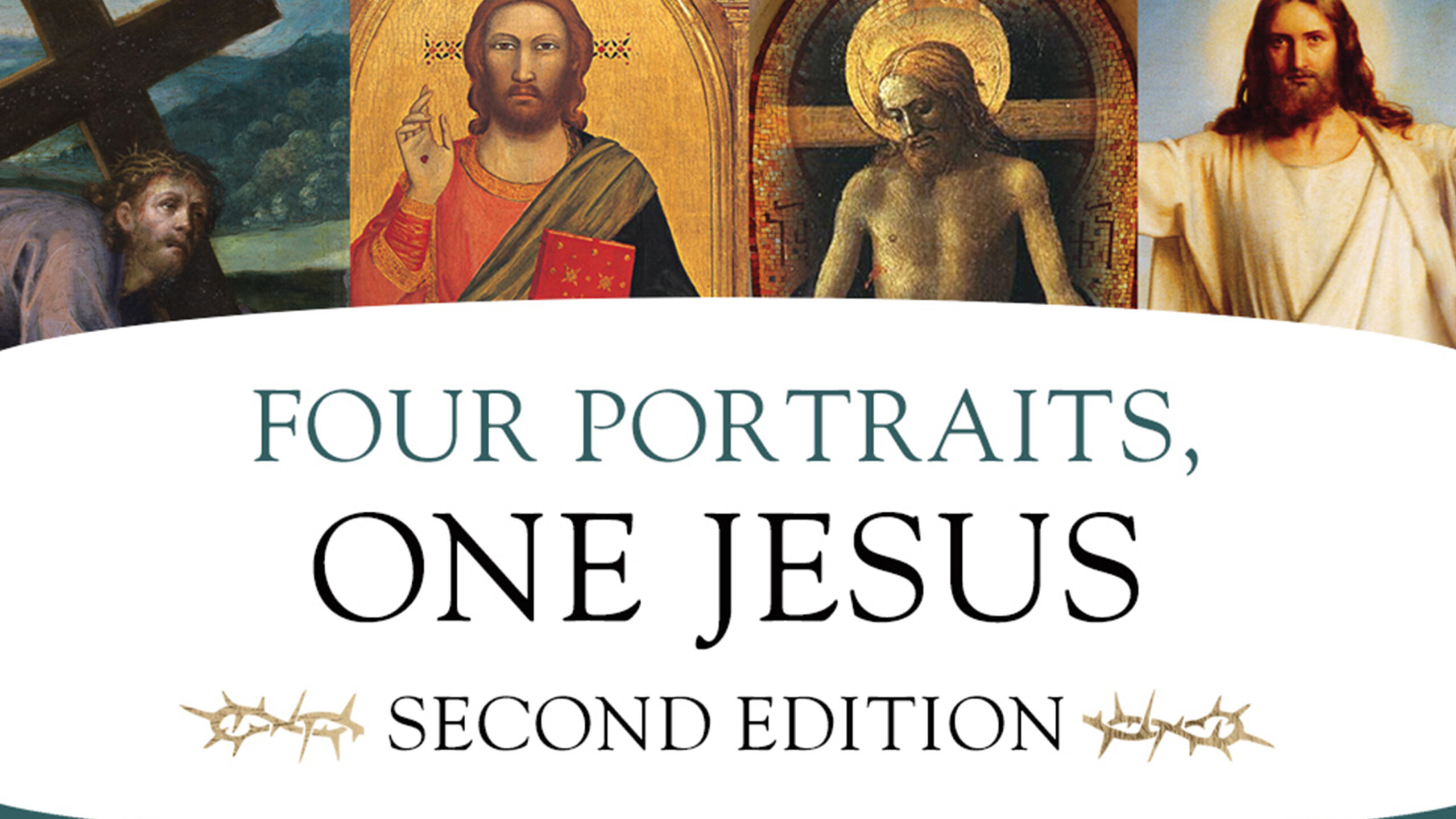
Recently I’ve been preaching a message series at Edgewood’s Sunday night service on The Patriarchs: Abraham, Isaac, and Jacob. Specifically, I’ve been focusing on the implications of God referring to Himself through the Scriptures as the God of Abraham, Issac, and Jacob. Last night I preached on a particularly favorite story of mine among the patriarchs: Jacob wrestling with God in Genesis 32. Yes, God. Not an angel, but the pre-incarnate Jesus Christ Himself, in this preachers humble opinion (Gen. 32:30).
In order for Jacob to receive the blessing from this peculiar visitor that he had so desperately been seeking his whole life, really, the “Man” asks Jacob, “What is your name?”
For real?!? Don’t you know who you’ve been wrestling with all night? Of course He does. When God asks us a question, it isn’t because He doesn’t know the answer, it’s because He wants us to think about something. Jacob had to relive the last time he asked a different man for a blessing… his father, 20 years earlier. Only, that time He lied to his father and duped him into thinking that He was his older brother, Esau – who under normal circumstances would receive his fathers blessing, not Jacob.
But as Jacob confesses his true identity, simultaneously admitting to being the “heal-cather,” or “trickster” that his name implies, God tells him that he will no longer be called Jacob, but Israel. God gave Jacob a new name. This one exchange alone changes the rest of the Bible! Israel would become the name of God’s people, Jacob’s descendents – ironically, of whom Christ would be incarnated into.
Then Jacob – very humbled and curious, I believe – returns the question, “Tell me your name, I pray.” And the Man, a.k.a. Christ, simply says, “Why is it that you ask about my name?” and then He blessed him.
Interestingly, God would later reveal Himself as the God of Abraham, Isaac, and Jacob… Not the God of Abraham, Isaac, and Israel. Why? Is it even important? I think so. Though God took away Jacob’s old identity as the “heal-catcher” which would have betrayed his past life, and gave him a new name, representing his new identity in Christ, He kept the name of Jacob’s past for Himself. But why?
I believe that as Romans 5:8 tells us that, “while we were yet sinners, Christ died for us,” this name exchange is a beautiful portrayal of Gods love toward all “Jacobs”. By identifying Himself as the God of Jacob, It’s as if God is declaring His love for us in our imperfect, broken, sinful state. He is not just the God of the forgiven, healed, and whole. He doesn’t just love us once we’ve come to His Son in faith. He loves us when we are lost in our sin, held hostage by our past, and empty on the inside… just like Jacob.
God took for Himself the name of Jacob’s past and gave Jacob a new name representing his future. Just like Christ took our old life with Him to the grave, rising again to give us a new life, a new future, and a new identity. And one day, He will give us a new name as well. Jacob just got his early – a promise to all of us who confess to God our brokenness in sin and our need for Him who can change us.
I’m grateful that He is not just the God of Abraham, Isaac, and Jacob, but the God of other sinners, too. Like me.




